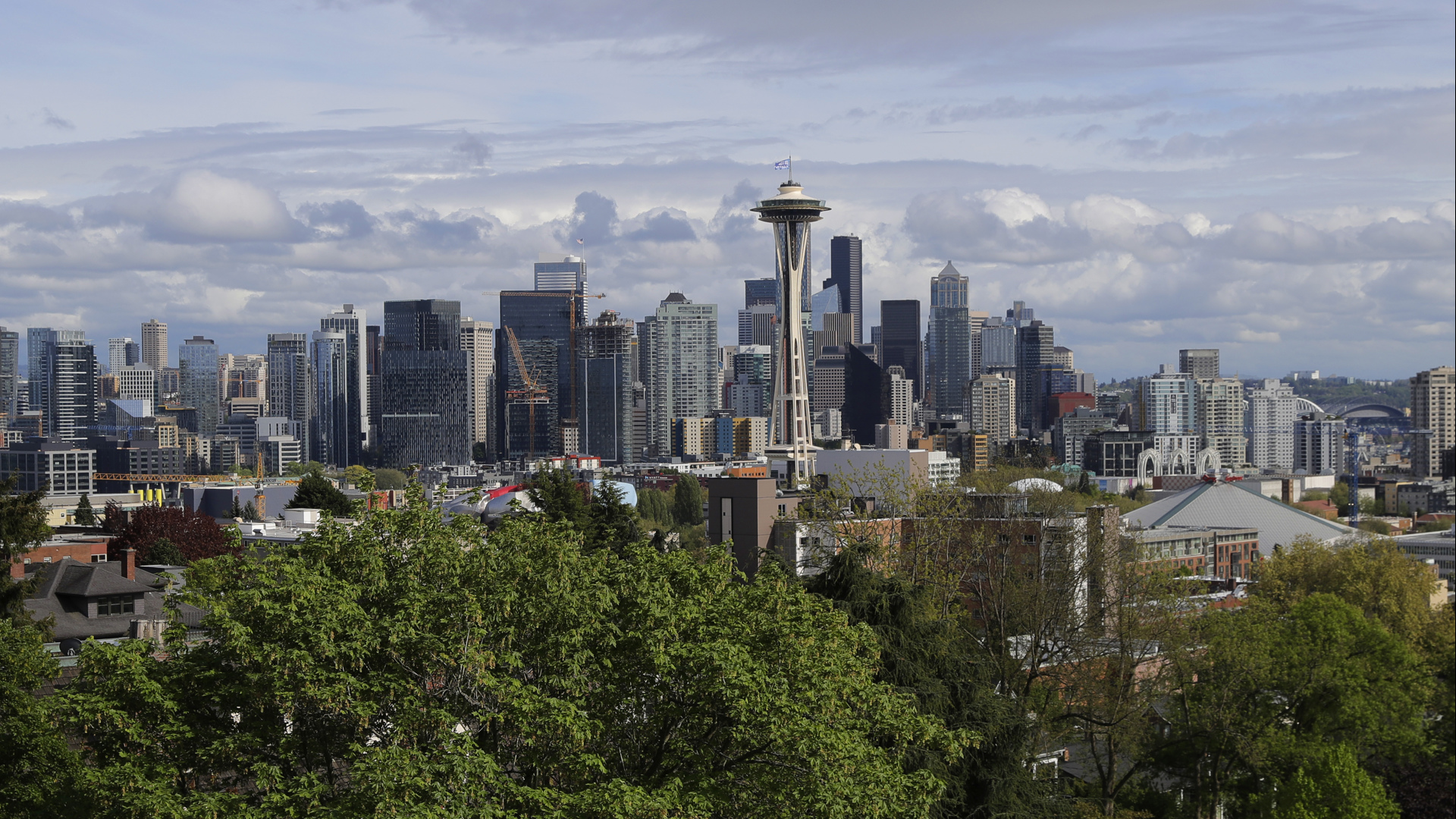SEATTLE — The Seattle City Council approved the city's more than $8 billion 2025-2026 budget Thursday.
The council approved using funds from the Payroll Expense Tax to help fill a $250 million gap in the city's $1.9 billion general fund.
The Payroll Expense Tax, also known as JumpStart, was passed in 2019 and collected money from the city's largest companies to fund initiatives such as affordable housing, economic development and Green New Deal investments. Seattle Mayor Bruce Harrell said in his original proposal that the Payroll Expense Tax collected nearly doubled the forecasted revenue and that there would still be more than $200 million left for the tax's original spending categories.
The city's budget differed from Harrell's proposal with tweaks here and there. For example the city council's budget committee approved changing the rules of the Payroll Expense Tax to allow the outright use of its funds instead of requiring annual council approval as first proposed by Harrell.
The city's budget will also keep the lights on at the Seattle Channel. Harrell's proposal would have cut funding by $1.6 million and eliminated six full-time employees.
Here's a look at how the budget will impact the many issues facing Seattle.
Affordable housing
The city is investing more than $340 million—five times the amount the city allocated to affordable housing just five years ago. Prior to the pandemic, Seattle was spending $69 million annually to support affordable housing projects. According to the council, the boost in funding reflects the city’s commitment to providing homes for those struggling to find affordable living options. An additional $7.1 million will go towards rental assistance, helping people stay in their homes and avoid displacement.
Addressing homelessness
The budget is funding the creation of new non-congregate shelters, ensuring that shelter beds at risk of closure are preserved and supporting transitional housing programs that provide a stepping stone to permanent homes. The council said the increase in investments in the Unified Care Team will expand its ability to address the complex needs of individuals experiencing homelessness. A special focus is also placed on supporting residents living in RVs, with funding to help them transition into shelter and housing. Additionally, $4 million has been allocated to help YouthCare develop a workforce training and affordable housing project specifically for homeless youth.
Public safety
Public safety has also received a record-high funding boost. The city is expanding its Community Assisted Response and Engagement (CARE) program to operate citywide and seven days a week, enhancing efforts to de-escalate situations and provide support outside of traditional policing. In addition, more positions will be added to the 911 call center in an effort to reduce response times. The city is also investing in expanding community-based programs like We Deliver Care.
Public health
To address the public health crisis related to substance use disorder, the council is dedicating new resources to expand detox and inpatient treatment options. This includes the creation of additional treatment beds, the purchase of a mobile medication unit to provide recovery services in underserved areas and increased funding for recovery support programs. These initiatives aim to offer more comprehensive care for individuals struggling with addiction and mental health challenges.
Affordability
Seattle is also working to address affordability across the board. The city has increased funding for food banks and meal programs to combat food insecurity to ensure that vulnerable residents have access to nutritious food. Furthermore, additional funding will support working-class families with the cost of preschool, helping to ease the financial burden on families.
The budget does not require major employment cuts, although 159 city positions will be eliminated, about half of which are vacant.

